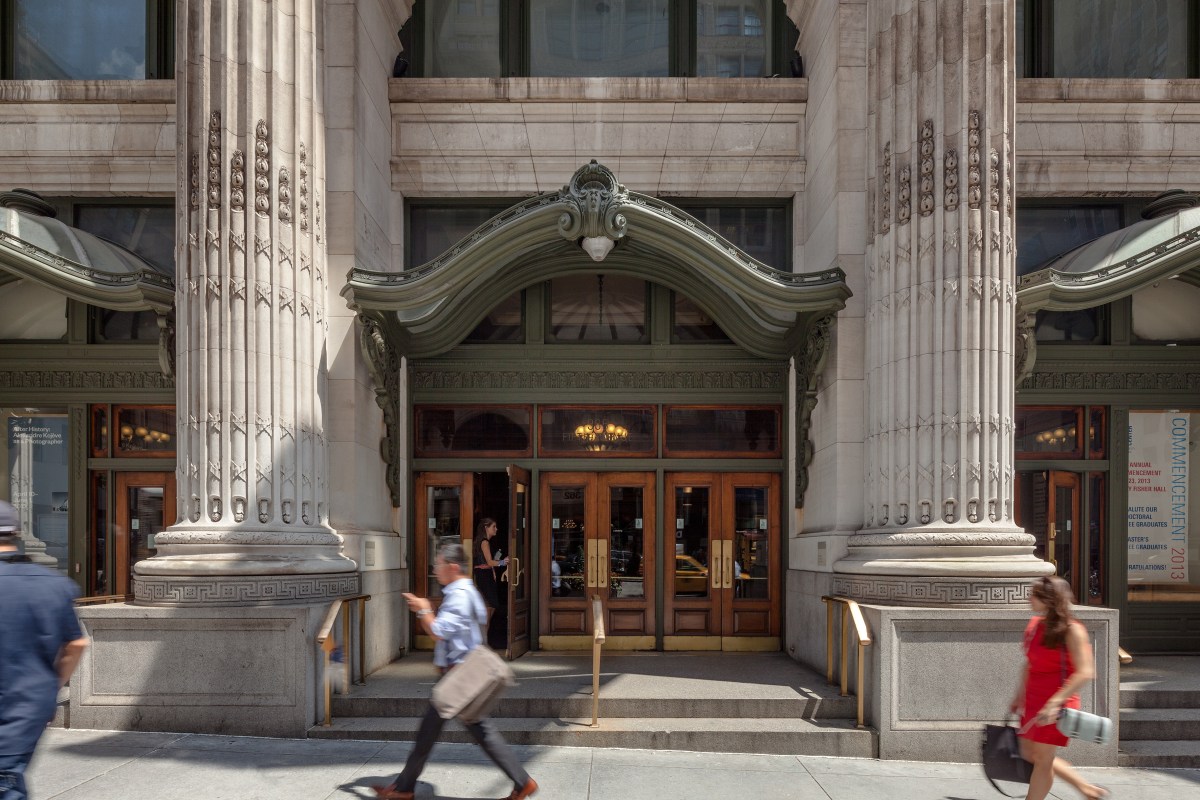Undergraduate CUNY students called on the public university’s administration to do away with another annual tuition increase given the financial strains many students are suffering due to the economic impact of the novel coronavirus.
In December of last year, the CUNY Board of Trustees approved a $32o tuition hike during a heated monthly meeting filled with protesting students at Baruch College in Manhattan. The approved tuition increase included a new $120 health and wellness fee and a $200 annual tuition fee for four-year colleges and community colleges.
During the Zoom meeting on Monday, students called on the university system to find ways to provide students with resources to be able to finish their educations on time instead of adding another burden during shaky economic times.
“This is going to create chaos,” said Nicole Agu, Vice Chair for International Student Affairs at CUNY and student at the College of Staten Island. “I am trying to finish up my last academic year, creating or approving another tuition hike is going to waver my hope for doing that.”
When the pandemic forced her college and her part-times jobs to shutter their doors, Agu found herself without a home and without an income. Like many international students, Agu could not escape to a parent or sibling’s home when she was forced to leave her dorm to that it could be transformed into a temporary medical facility.
“This created such an overwhelming feeling,” said Abu. “I was just thinking, where do I go? How do I make it out?”Luckily, the College of Staten Island shipped Agu and a band of other international students to dorms at Queens College.
Margaret, a junior at City College, also lost her part-time job because of the pandemic. Although she has been saved some stress in the short-term by moving back home with parents, she is also afraid that she will not be able to afford next year’s tuition.
Her family’s income excludes her from work-study and although she filed her FAFSA as an independent student she will not be eligible for New York State Tuition Assistance Program known as TAP now that she lives at home.
“It’s unacceptable for the Board of Trustees to raise tuition for next year,” she said. “There’s absolutely no excuse when students are facing unprecedented levels of job loss and financial insecurity.”
The tuition hike could be rescinded when CUNY approves its 2020 fiscal year operating budget in June. “No decisions have been made about tuition for next year,” CUNY Chancellor Felix Matos Rodríguez said in an interview with NY1.
“We are all for example lobbying very hard for the federal government to do its part and provide aid to the states. That aid to the states would be crucial. So we are waiting to see what the landscape is closer to the end of June when we have to enact our budget to make that decision.”
Matos told NY1 that whether or not the state gets aid from the federal government would play a large roll in what is passed in the CUNY budget in June.
State Senator Toby Stavisky, Chair of the Committee on Higher Education, posed further taxing the rich as a possible solution students economic burdens mentioning a piece of legislation she introduced along with state Senator Shelley Mayer, Chair of Senate Committee on Education.
The bill, introduced last week, would increase tax brackets for people earning $5 million a year or more. The tax rate would jump from about 8% to 10% during the pandemic and has a two-year expiration date, according to Stavisky.
But the senator also echoed the Chancellors worries over budget cuts to the university system and subsequent layoffs if the state did not receive stimulus funds from Washington.
“They have got to help us with this,” she said.



































